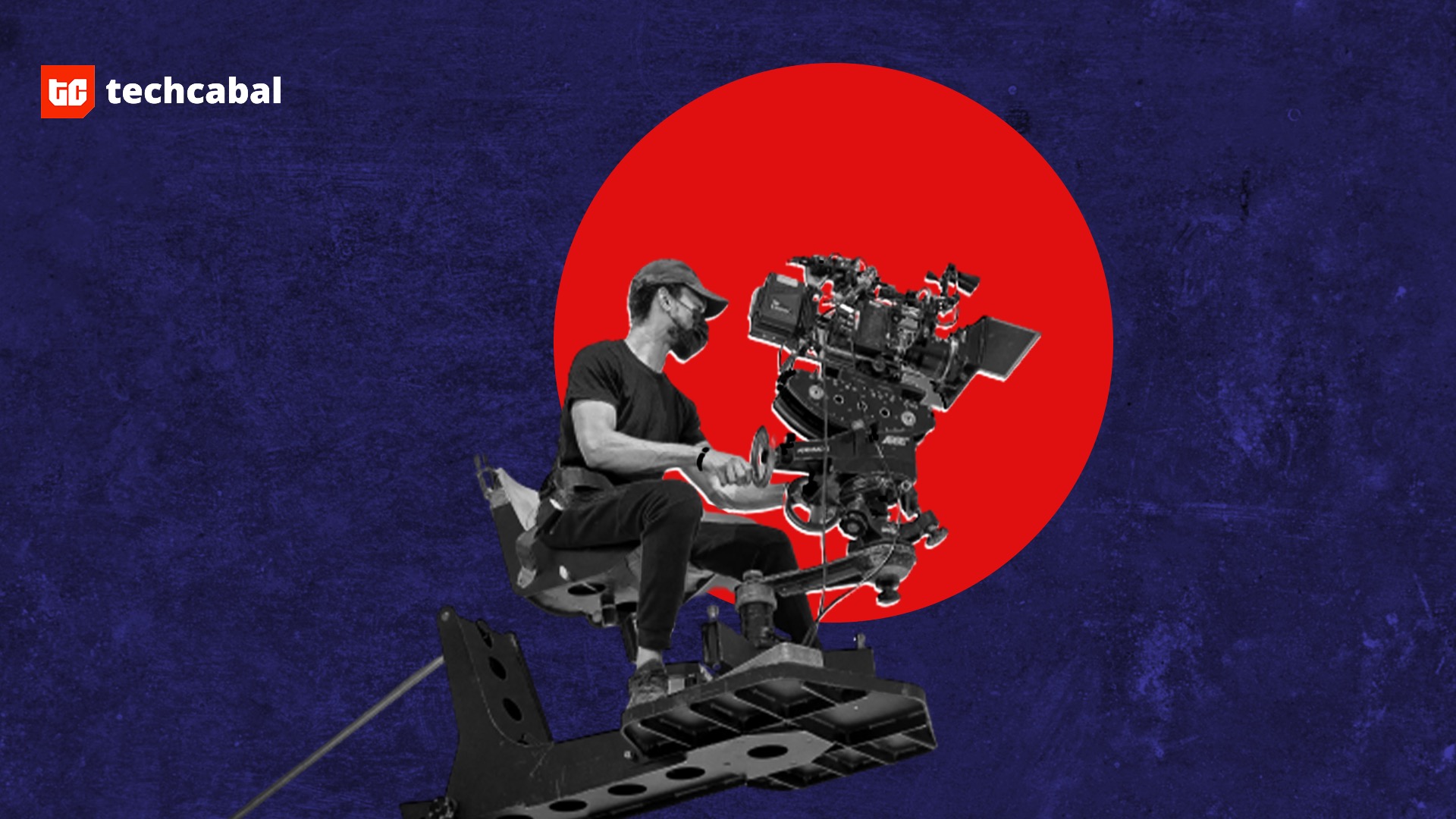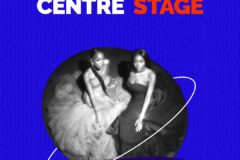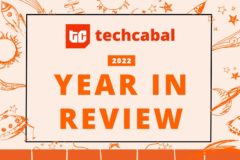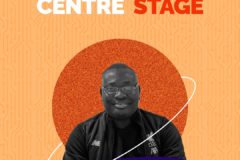Editi Effiong’s genius is quiet yet obvious at the same time. He’s a multifaceted creator, builder and thinker—unafraid to tackle the impossible without doubt. From setting up Anakle, a Nigeria-based digital marketing agency, 10 years ago to transitioning into film-making a few years later, Editi has established himself as one of the leading entrepreneurs of his generation. When asked how he would define himself, he responded with, “I’m a father, writer, producer, and tech bro.
The big picture: Editi Effiong is not your average guy
Many people know Editi Effiong as the brains behind Anakle. Some others might know him for the films he made through his production company, Anakle Films or might have stumbled across him after his involvement in the post-#ENDSARS judicial hearing panel in 2020. Editi attended and documented the daily proceedings, sharing videos, photos and commentaries on his Twitter page. His dedication to reporting on how Lagos State investigated the unforgettable event that took place on October 20 last year, garnered him respect, admiration and a flock of new followers and cheerleaders.
Anakle Films’ theatrical releases, Up North and The Setup, were acquired by Netflix in 2019 and 2020 respectively. Up North, which was based on a story written by Editi, is best described as one of Nollywood’s most adventurous films. Up North did two things successfully: It brought some versatility to Nollywood, Nigeria’s behemoth movie industry; and heralded the arrival of a different Editi. He was no longer just the CEO of a well-respected digital agency with a client list that most marketing agencies would love to get their hands on—Wikipedia, Flutterwave, Glo, to name a few—he was now a film producer and writer who took his craft seriously.
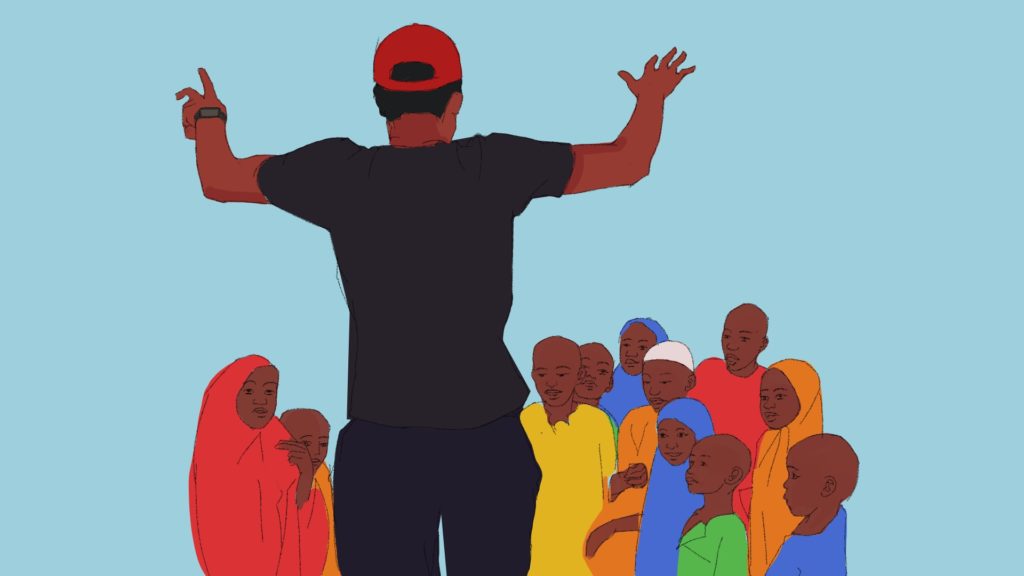
The Set Up pulled us in a different direction. In this film, there are no adventures or lush, green fields. But there’s suspense and the dirty underworld of crime. Anakle Films distributed The Set Up with legendary film-maker, Niyi Akinmolayan, sitting on the director’s chair.
Editi displayed his writing chops in his most recent short film, Fishbone, released in May 2020. Fishbone, written and directed by Effiong himself, unearths the terrifying business of counterfeit drugs and how it strips our society of its ability to show love and compassion. Fishbone is a deliberately revealing film; it shows us snapshots of Effiong’s mind and showcases his directorial ingenuity.
In this exclusive interview with TechCabal, Editi opens up about his childhood, the complexity that is his mind, building Anakle, being a father, and his decision to become a full-time film-maker and writer.
Anakle and the race to get businesses online
Even though Editi is eager to hand over the CEO reins to Anakle’s COO, Munachi “Muna” Nwoke-Ekpo, and purposefully step into his role as founder and CEO of Anakle Films, I was compelled to kick off the interview with questions about Anakle’s beginnings.
In 2011, digital marketing didn’t have as much clout as it does now. It is hard to imagine a world that didn’t exist with numerous digital and social media platforms. Our current economic climate demands that entrepreneurs move their businesses online and acquire a new crop of customers who are obsessed with social media and consumer technology. In conversation, Editi is a masterful storyteller who uses transparency and humour to pull his listeners in. At no point during our chat did he leave me feeling confused or unimpressed.
Koromone Koroye: What inspired you to start Anakle? What did you see and understand about digital marketing that most people didn’t back in 2011?
Editi Effiong: Back in 2011, we had a slide that predicted that internet penetration would deepen in five years. We also predicted that more than five million Nigerians would be on the internet and that that number would eventually rise to 30 million by 2016. Back then, mobile penetration wasn’t that great and Blackberry phones were still a thing. My business partner, Abass, would charge business owners ₦50,000 to help them run digital marketing campaigns. And that 50K came with a money-back guarantee: if we weren’t able to successfully promote their brands, they got their money back without any hassles. I mean, how on earth does someone believe that the internet can help you sell more? But we saw that there was a market online and we bet big on what we saw.
Author’s note: According to the Digital 2021 report, there were an estimated 104 million internet users in Nigeria in January this year. Additionally, internet penetration stood at 50% and 33 million Nigerians with active social media accounts, within that same period.
Do you remember Anakle’s first major campaign?
Editi: In 2010, we ran Interswitch’s first digital campaign. We did this whole flash animation video to push Interswitch’s anti-fraud campaign. I designed the flash. In the early stages of Anakle’s business, I was in charge of execution and Abass handled business operations. So, in this flash animated campaign, if someone emails you for your password or PIN, you don’t give them because Interswitch would never ask you for your PIN or personal information. It was a really great campaign at that time. I mean now, we might take a simple campaign like that for granted; but 12 years ago, building and executing a campaign like that was a phenomenal experience for us and the brands we served during that period.
How did businesses relate with social media back when Anakle started out?
Editi: The first bank to get on social media was GTB (Guaranty Trust Bank) followed by Diamond Bank. We worked on a project with them and they had their brand assets burned onto a CD. Yes, CDs were a thing back then. But, anyway, they opted for the CD route because they didn’t want anyone to distribute their assets to other sources or agencies. So I picked up Diamond Bank’s CD on a Tuesday and started working on it straight till Thursday. And Thursday happened to be my wedding day.
Woah. You did client work on your wedding day?
Editi: Yes! I was out in the foyer of the hotel room working on this project until I got called into the hall to say my vows and, you know, get married. So I put down my laptop, you know, went and got married and came back and continued working even through my honeymoon. And to think that this was only the second bank that we helped build a Facebook app and get them on social media. Diamond Bank was the second bank in Nigeria to go down the digital marketing route.
In the summer of 2010, there was a huge opportunity to help businesses get online. And one of the things Anakle was trying to do was help smaller businesses improve brand visibility by getting them acquainted with the internet. We didn’t just target the big brands and enterprise businesses, especially in the beginning. Anakle saw the future of digital marketing and built a business out of it. Our mission was to help businesses grow into the online space, and that’s pretty much it.
At what point did you realise that Anakle had fulfilled its mission, or at least a part of it?
Editi: There have been many moments. In 2017 we did a very successful campaign with Wikipedia. And that campaign was a forerunner to what became Anakle films. That campaign counted as a major milestone for us. There’s also the part we played in hiring and training people who were new to the digital marketing space. For most of them, Anakle was their first job out of school, and now, most of them are running their own successful companies and projects. You know, making money and growing a company are necessary targets, but I’ve always been more excited about mentoring people and helping them grow in the industry and become better versions of themselves even outside of the work they do at Anakle or anywhere else.
If our business no longer inspired the people who walked through its doors, then we have failed at our mission. So I get really excited when I see consistent growth in the people who walk through our doors; they come in, grow and become more than they thought they could be before they joined the company.
What were Anakle’s hiring values in the beginning? And did those values change after the business grew and garnered success?
Editi: We were looking for people who had the ‘Anakle spirit’, which is a certain level of fearlessness. We wanted people who could work without fear. I didn’t care too much about CVs and cover letters. We were looking for people who could challenge us; people who could look at the universe as it is and ultimately try to bend it. Because when people are able to challenge the status quo and say, “I can take that on”, then they can create a fire campaign for Sterling Bank or any other enterprise client.
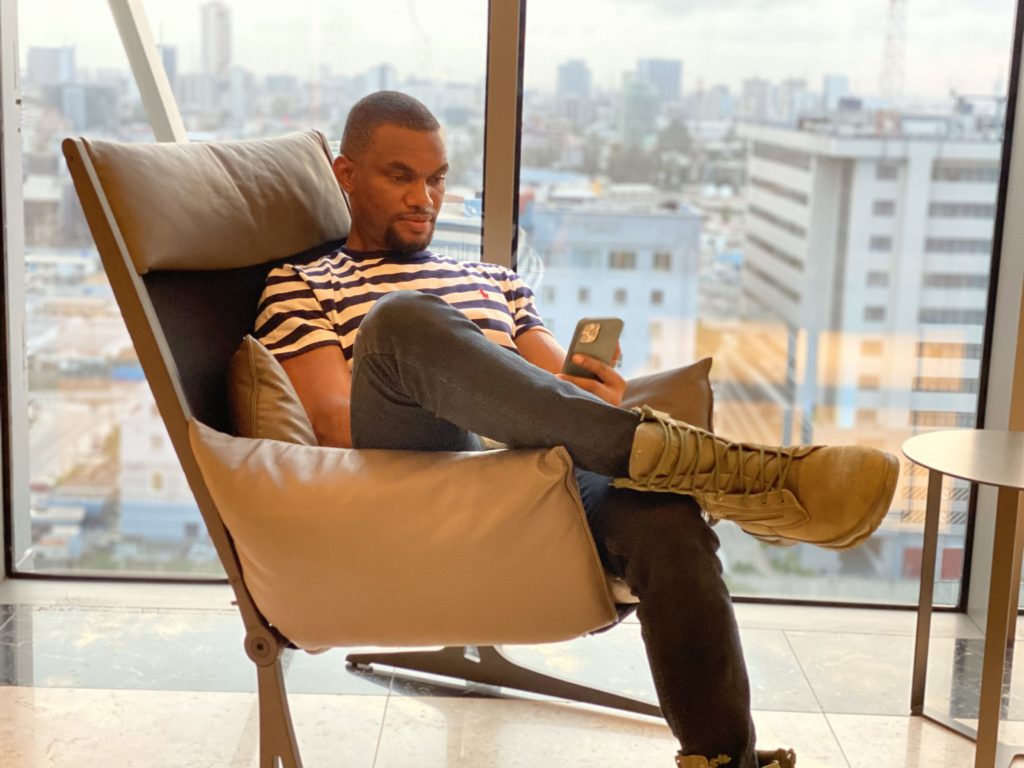
How did you delight Anakle’s early employees?
Editi: I’ll be honest: Back then, we couldn’t compete with Nigerian banks and their salary offerings and other benefits. so we ended up designing a workplace that was exciting. We wanted young people to feel excited about working for us and working out of our office. The Anakle office became our recruitment tool and it was so inspiring to hear people say they wanted to work with us, especially after visiting our office.
New beginnings: Anakle Films and the road to becoming a director, screenwriter, and producer
Koromone: Moving swiftly along from building Anakle to setting up Anakle films—
Editi: Thank God!
When did you know you were ready to make the move?
Editi: Money! I had the money to make that leap of faith into Anakle Films.
So, how did it feel making that transition from running Anakle to leading the charge at Anakle films? Especially knowing that you were going to put a lot of time and effort into building out Anakle Films’ brand?
Editi: I think the biggest factor there is having a team that can do its job—big props to Munachi. If you’ve never heard of Muna, he’s the best COO in the business. He’s quiet but hard-working and has been with me for 11 years. Muna has done an amazing job at running the business at a group level, and having him around has been extremely helpful and instrumental. I recently received and turned down a global leadership position at a global company—a fantastic offer with great pay—but I turned it down because I wanted the freedom to wake up and do what I love doing or to not do something I hate doing. There’s a madness to having that freedom that works for me. And I think I owe a lot of that to Muna. He gave me the courage to step out of Anakle.
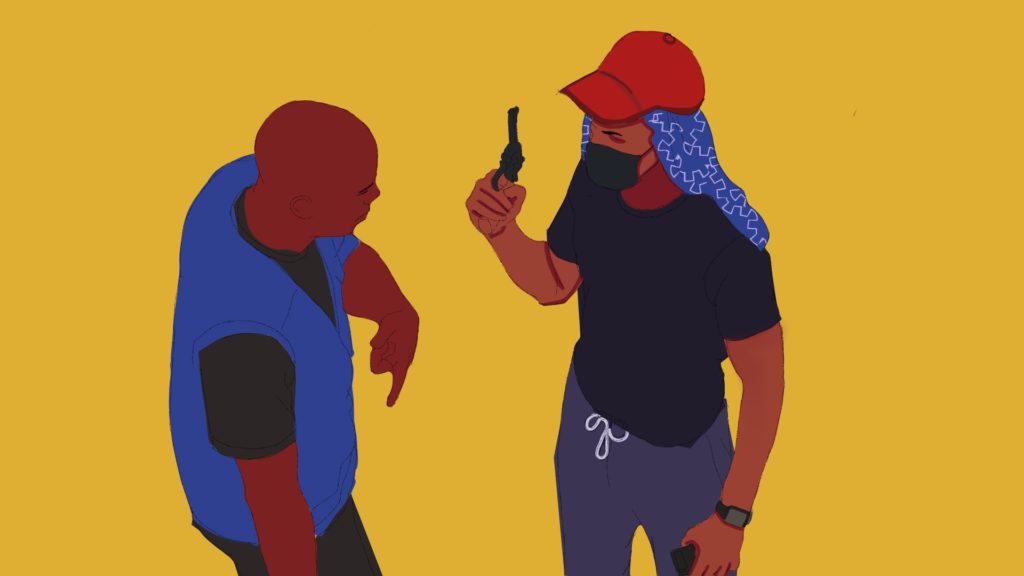
Tell us about your history and relationship with writing
Editi: This isn’t common knowledge, but I didn’t start writing today. I’ve been writing my entire life. I was also an avid reader when I was younger. My father studied literature and linguistics, so there were a lot of books around the house. I write almost every day and have written almost every day for my entire life. And when I cannot put into words things I want to say, I end up writing them down. I have hardly ever gotten in trouble for writing because I’m able to articulate my thoughts without ambiguity. Wow! I just used a big word.
My move to Anakle Films is my way of preparing for retirement. I want to retire as a writer. My entire life is run by writing and this is the direction it is headed now. Anakle Films is my excuse to write; it gives me a reason to write, create and build something from the ground up. As you can imagine, there’s a lot of craziness and madness around the work, but I love it.
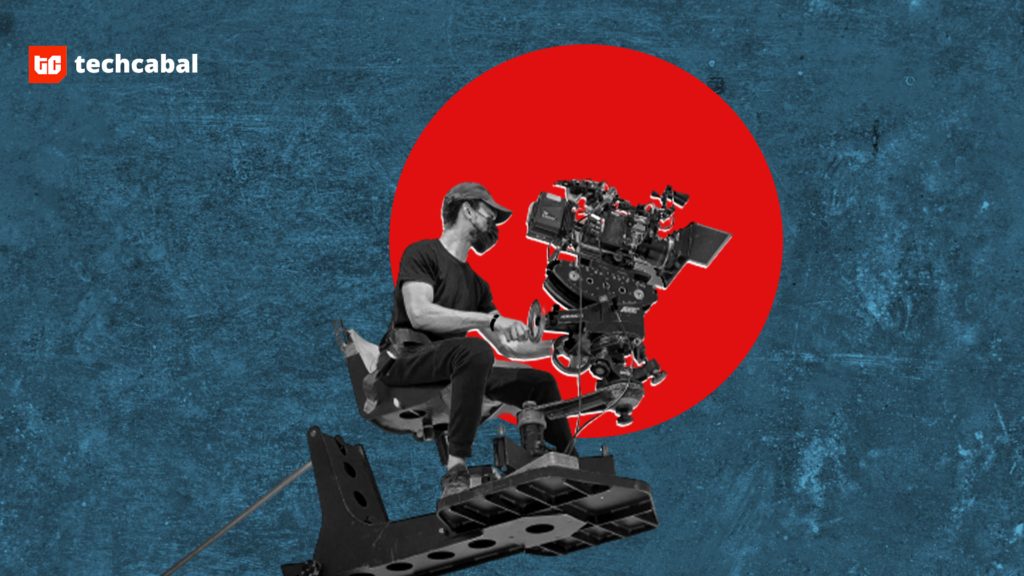
Author’s note: Ambiguity is a situation or statement that is unclear because it can be understood in more than one way. [Source: Cambridge dictionary]
Editi on documenting justice for #EndSars victims and survivors and finding his voice again
Author’s note: A few months after the #ENDSARS massacre, Lagos State governor, Babajide Sanwo-Olu set up a nine-person Judicial Panel of Inquiry to investigate allegations of police brutality perpetuated by the now-defunct Special Anti-Robbery Squad (SARS) in Lagos State. This part of my conversation with Editi struck a raw nerve for the both of us, especially for Editi who had to restrain his emotions while he answered my questions. I think it takes a lot of courage to document the truth in the midst of pain and grief.
Koromone: Let’s pivot and talk about 2020. How did you find yourself involved in the #EndSARS Judicial Panel of Inquiry that sat in Lagos? A number of people don’t know this, but you were shooting a film during that period.
Editi: Yes, I was. When I couldn’t attend sessions, I was on set. When I was a kid, I used to stutter. And, you know, I managed it through my teenage years until it went away. After October 2020, my stutter returned. I stutter a lot these days, especially when I’m dealing with difficult situations. So if you pay attention when I speak, you will hear how slow and deliberate I am with my words. I speak slowly to avoid stuttering, and everytime I think about what went down during #EndSars, it messes up my speech.
The night of the shootings, I could hear the gunshots. And I was going to drive out there because our people were bleeding and needed help, but my wife said, “No, you cannot go. It is too dangerous.” So, I didn’t go, and that night, I couldn’t speak at all. For hours, I could not say a word. Anytime I tried to say a word, something came up from inside me and blocked off my speech. And since then, I’ve been managing a very bad stutter that comes and goes—but mostly only comes when I’m dealing with difficult subjects. And in the days following October 20, I felt nothing but numbness. Going to those panel sessions was kind of a metaphor for trying to find my voice again.
For a few weeks following the shootings, I couldn’t speak properly, and writing about the sessions was my way of speaking and reconnecting with the voice I had lost.









